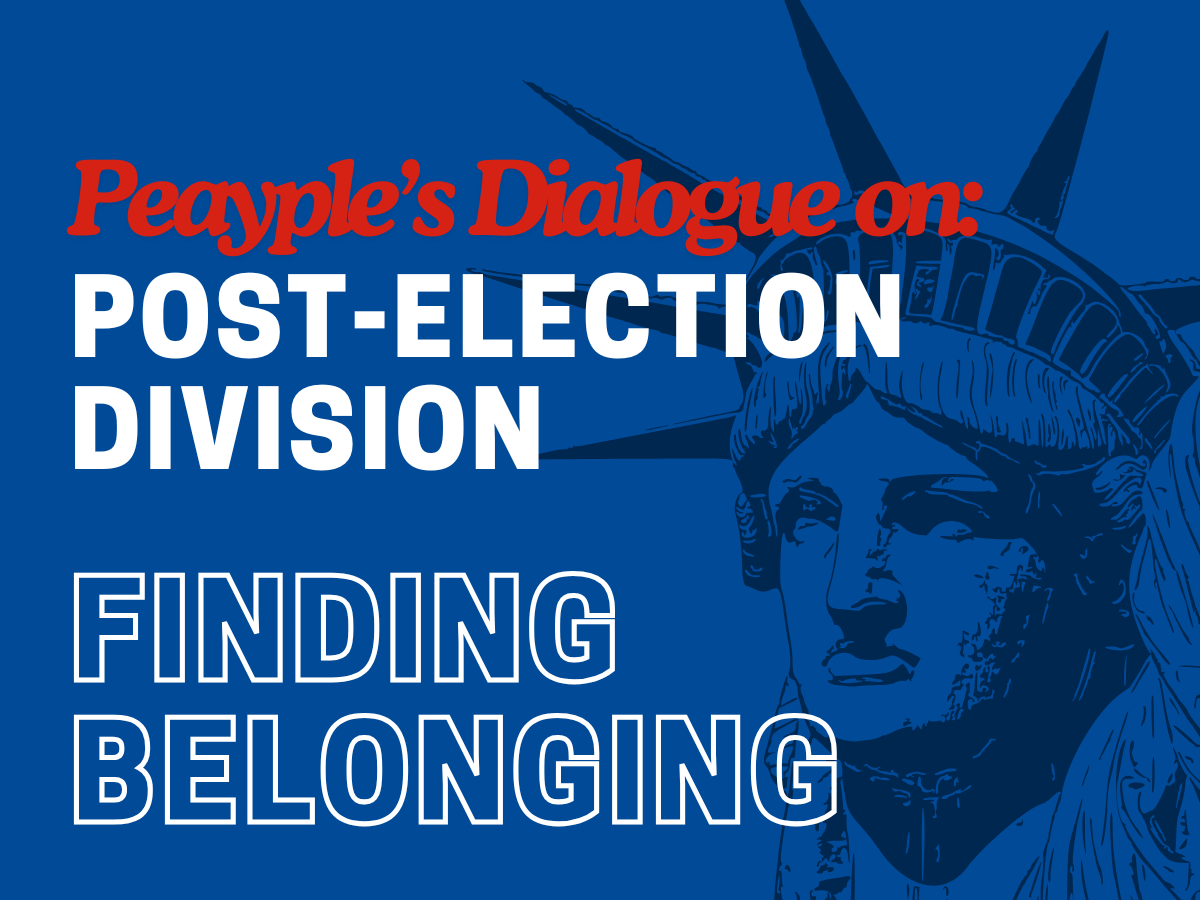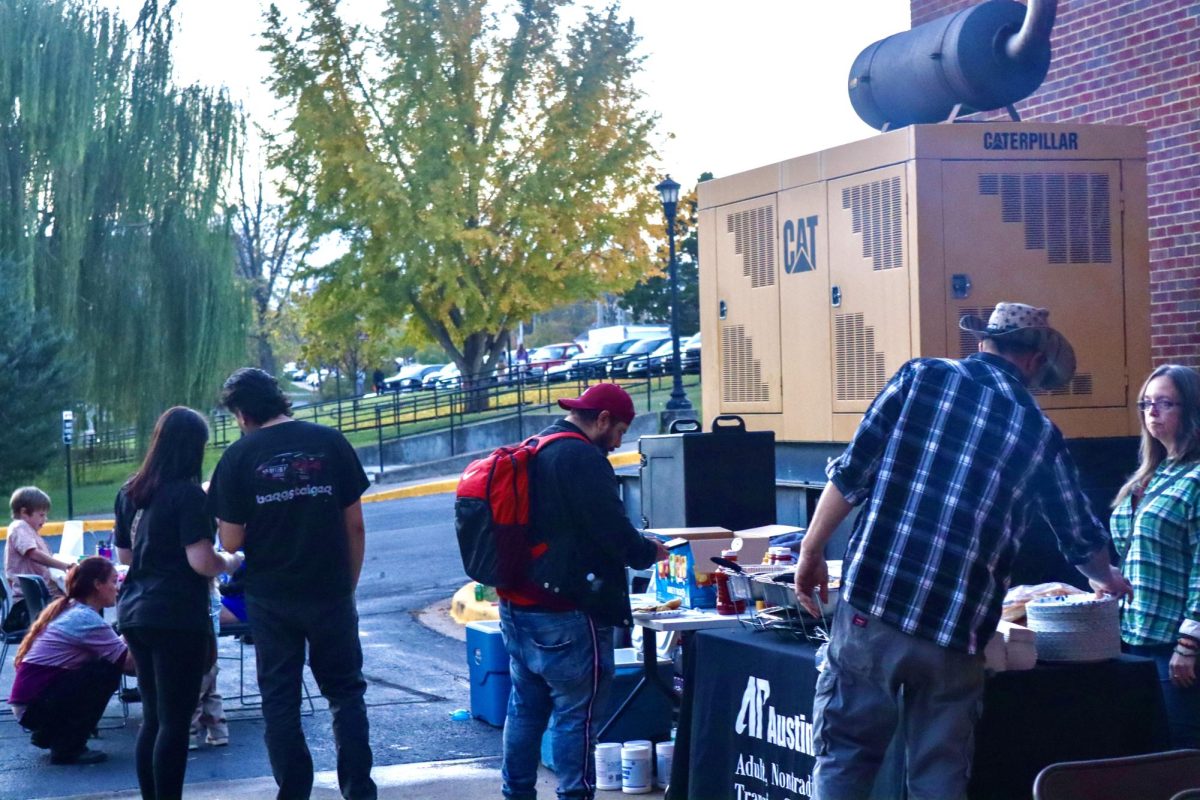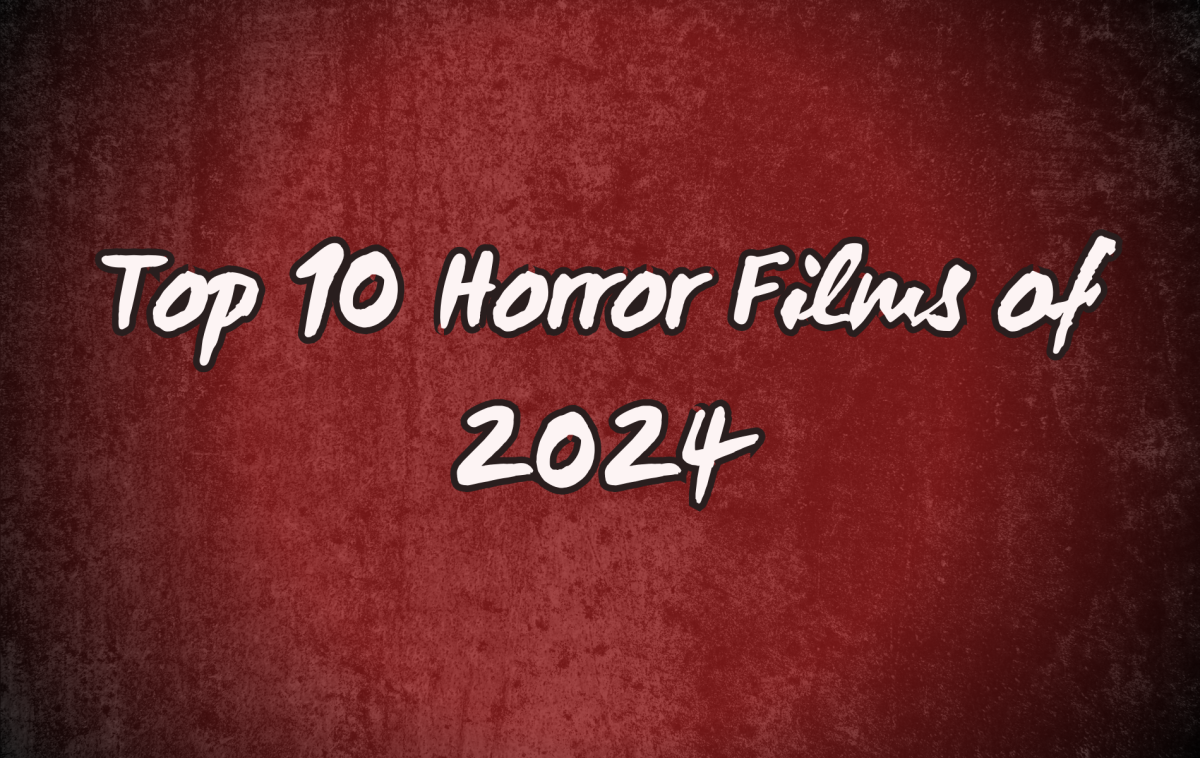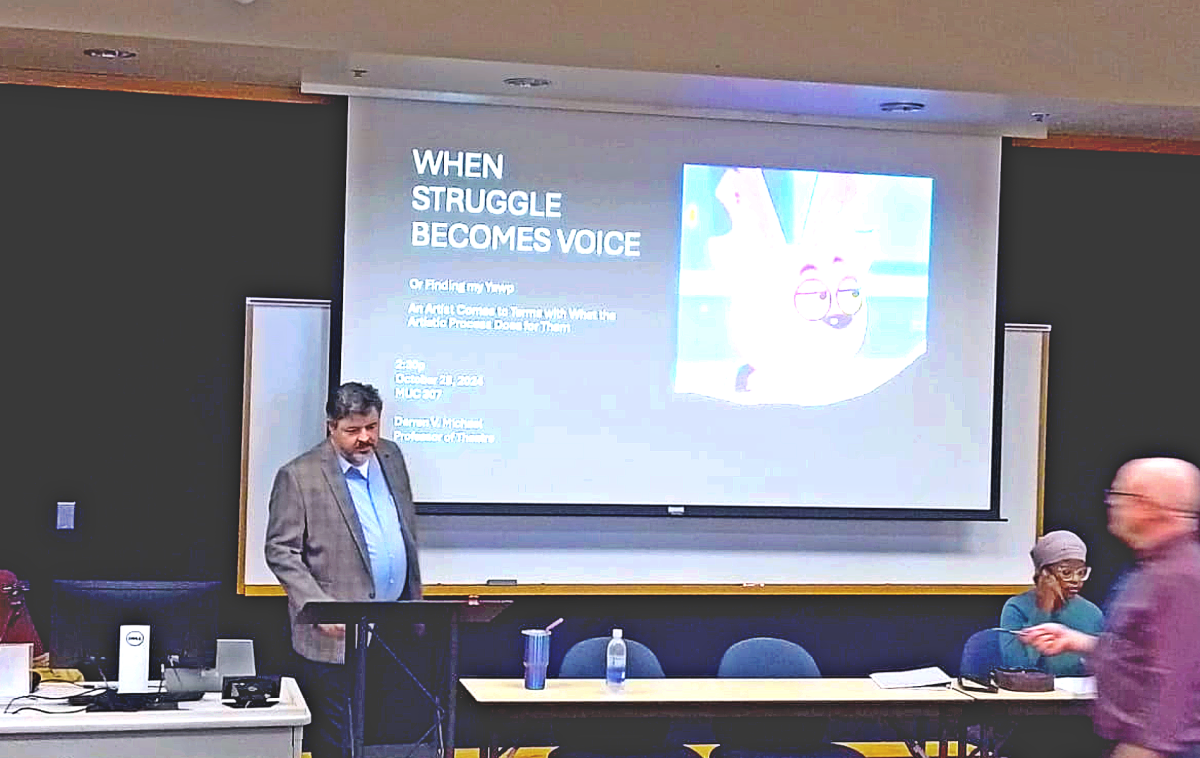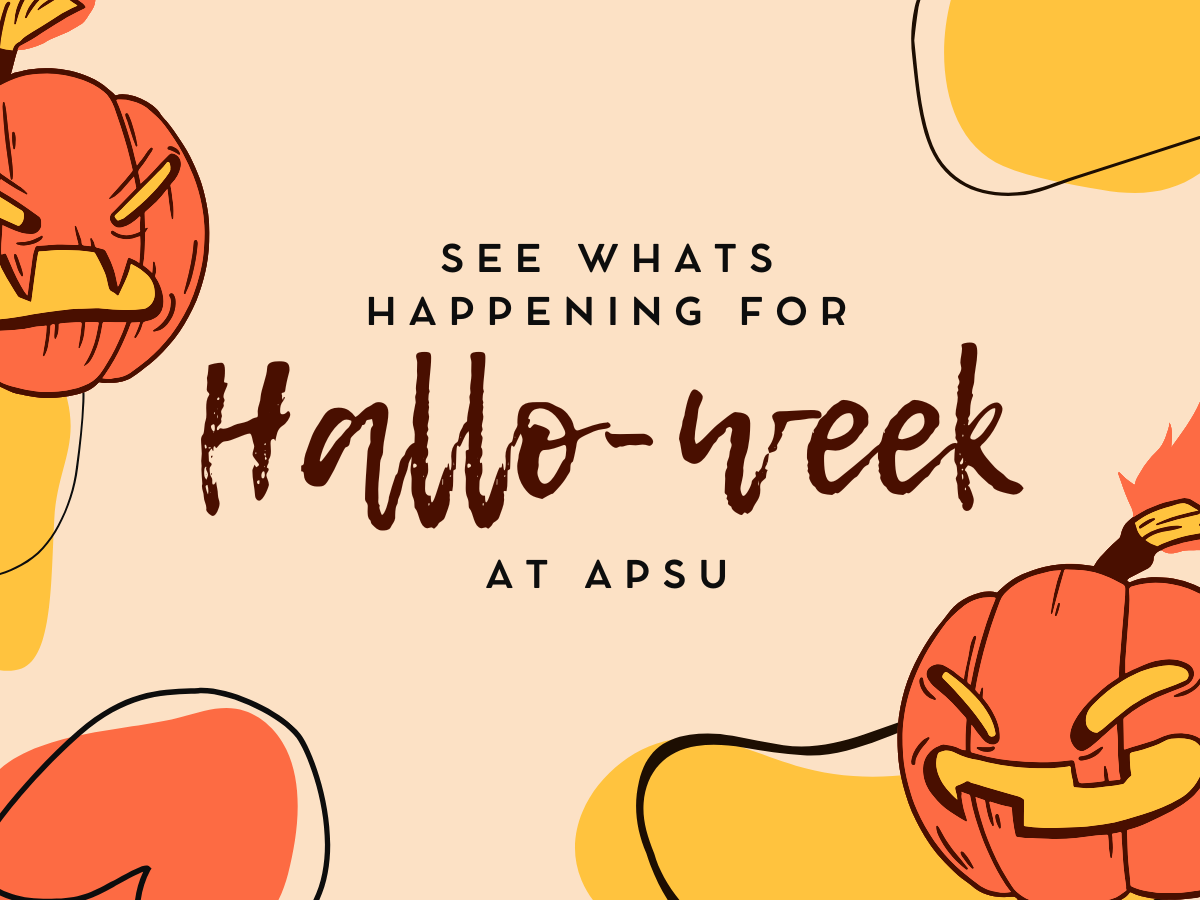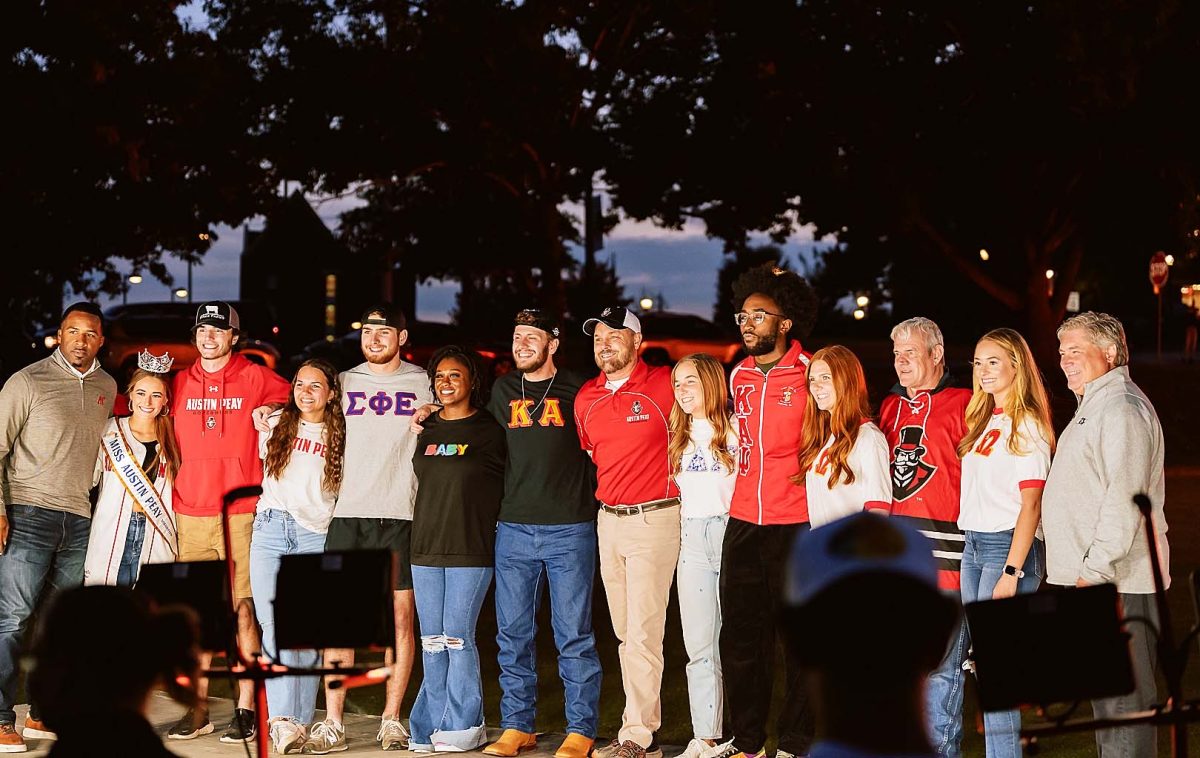Six Dr. Seuss books were pulled from publication after a recent review concluded they contained offensive images.
Dr. Seuss Enterprises said in a statement that it acted because the “books portray people in ways that are hurtful and wrong.”
This decision recieved both backlash and support from the public as with many cases of so-called “cancel culture.”
“Cancel Culture” refers to the practice of withdrawing support form products, companies and public figures who have done or said something considered offensive or objectionable.
It has lauded by some as a way for marginilized people to seek accountability where traditional systems fail, but rejected by others who feel it amounts to bullying.
APSU students weighed in on the matter.
Haylee Evers is a sophomore majoring in Criminal Justice with a minor in Pre-Law. She believes that the cancel culture is “unnecessary and drama-causing.”
Alyssa Guerrero is currently a freshman majoring in Health Science.
“People pick and choose who they want to cancel rather than canceling someone because they did something bad or representing a negative image,” Guerrero said.
Christopher Erickson uses the name Triúnn, but everyone just calls him Tree. He is a junior majoring in Geosciences with a concentration in Geology.
“It is coming to a point to where people can’t speak up without being attacked in some form for asking simple questions,” Erickson said.
Shelby Beltran is a freshman majoring in Agriculture. She feels that the situation has become “an absolute monster.”
“People say it’s about holding others accountable, but then they bring up things from 10+ years ago, as if people can’t change,” Beltran said.
While certain things and people are being censored, there are those who believe that the wrong elements are being ostracized.
Victor Kenney, a freshman majoring in English believes that “there are people and groups that deserve to be condemned or in this case, canceled, but for me a lot of the time the wrong things are canceled for the wrong reasons.”
Beltran also felt that things should be done differently.
“I would argue that cancel culture is free speech and thus should be protected, of course, but I see the damage in it too,” Beltran said.
Some students also shared how they have been affected by this over the years.
Guerrero has felt a personal impact from all of this.
“I have been offended because a lot of the cancel culture has to do with racial issues,” Guerrero said.
She also wished to share her thoughts regarding influential people.
“Many celebrities and upcoming influencers use a lot of slurs and make race sensitive jokes towards minorities like myself and others,” Guerrero said.
Erickson had a different type of mindset over the situation.
“I haven’t been offended by recent events, because it’s genuinely hard to offend me,” Erickson said. “I love healthy debates and discussions, I just find most people can’t handle these things because they get hurt feelings and emotional instead of accepting the fact that people can have a difference of opinion.”
APSU students also had their own opinions about where this type of thinking could lead us.
“I think this could and is leading to a society where everyone needs to think the same thing, or they’re attacked,” Evers said. “I think that is going to defeat the purpose of our country, and no one will have basic freedom or rights because they will be ‘offending’ someone else.”
“It will always be my belief that the moment people choose anger and outrage over a willingness to listen and understand we risk the death of liberty,” Beltran said.
Erickson felt strongly about how we got to this point.
“The issue that worries me that could make it worse is the political divide within our two party system,” Erickson said. “I stay informed on both sides of the argument and form my personal opinion instead of regurgitating everything I hear as fact.”
“I personally don’t think things will change because a lot of the people getting cancelled are cumbersome individuals, and us as citizens can become very petulant when it comes to an issue towards cancelling someone, especially if it has to do with race,” Guerrero said.


